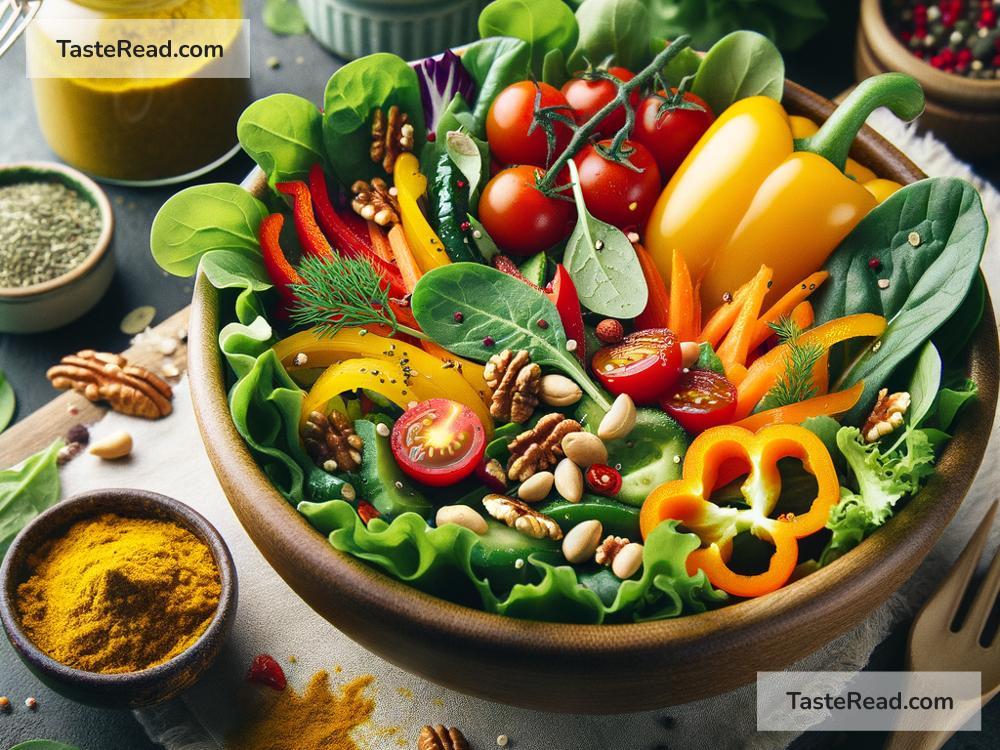Understanding the Role of Dietary Phytochemicals in Health
In today’s world, people are becoming more interested in how food affects their health. We often hear terms like “antioxidants,” “superfoods,” and “nutrients,” but one word that’s gaining attention is phytochemicals. They may sound like something out of a science experiment, but phytochemicals are natural compounds found in plants. These tiny helpers can play a big role in keeping us healthy. In this blog, we’ll explore what phytochemicals are, why they’re important, and how you can include them in your diet—explained in simple terms.
What Are Phytochemicals?
Phytochemicals (pronounced “figh-toe-chemicals”) are natural substances made by plants to protect themselves against threats like insects, diseases, and harsh weather. Think of them as the plant’s built-in defense system. While they aren’t essential nutrients for humans like vitamins or minerals, phytochemicals offer many health benefits when we eat fruits, vegetables, nuts, seeds, whole grains, and other plant foods.
Some well-known phytochemicals include:
- Carotenoids: Found in carrots, sweet potatoes, and spinach, these give fruits and vegetables their bright colors and act as antioxidants.
- Flavonoids: Present in berries, tea, and citrus fruits, flavonoids help fight inflammation and support heart health.
- Glucosinolates: Found in broccoli, cabbage, and kale, these may reduce the risk of certain cancers.
- Polyphenols: Found in foods like coffee, dark chocolate, and green tea, polyphenols can help improve brain and heart health.
Each type of phytochemical has unique properties and provides specific benefits to our bodies.
How Phytochemicals Benefit Your Health
Though phytochemicals aren’t classified as “required nutrients,” research shows they help protect against many diseases. Let’s break down some of their key benefits:
1. Help Fight Free Radicals
Free radicals are unstable molecules that can damage our cells, leading to aging and diseases like cancer. Phytochemicals act as antioxidants, neutralizing these harmful molecules. For example, carotenoids in carrots and lycopene in tomatoes work like tiny protectors, keeping your cells healthy.
2. Reduce Inflammation
Inflammation can be good when your body needs to heal, but chronic inflammation (lasting a long time) can lead to illnesses like arthritis, heart disease, and diabetes. Certain phytochemicals, like flavonoids in berries and tea, help reduce prolonged inflammation.
3. Support Heart Health
Phytochemicals like polyphenols (found in foods like olive oil and grapes) improve the health of your blood vessels and lower bad cholesterol. This reduces your risk of heart attacks and strokes.
4. Boost Immunity
Some phytochemicals can boost the immune system and help your body defend itself against infections. For instance, compounds in garlic and onions have been shown to strengthen immunity.
5. Reduce Cancer Risk
Research suggests that phytochemicals such as glucosinolates (found in cruciferous vegetables like kale) may help reduce the risk of developing certain types of cancers by protecting cells and slowing down tumor growth.
6. Improve Brain Health
Polyphenols in foods like cocoa, coffee, and blueberries have been linked to better memory and overall brain function as we age.
How to Include Phytochemicals in Your Diet
The good news is that getting phytochemicals doesn’t require special supplements—just eat more plant-based foods! Here are simple ways to include them in your meals:
1. Eat a Rainbow of Fruits and Veggies
Phytochemicals are often responsible for the colors in fruits and vegetables. Brightly colored foods like red tomatoes, orange carrots, green spinach, and purple blueberries pack a variety of phytochemicals. Each color provides different benefits, so aim for a mix.
2. Include Whole Grains
Whole grains like oatmeal, brown rice, and quinoa contain phytochemicals that benefit heart and gut health.
3. Snack on Nuts and Seeds
Nuts and seeds, such as almonds and chia seeds, are rich in phytochemicals and healthy fats. They make a nutritious snack.
4. Drink Tea or Coffee
Tea (especially green or black tea) and coffee are loaded with polyphenols. Just skip the sugary additives to keep it healthy.
5. Use Herbs and Spices
Herbs like parsley, oregano, and turmeric, as well as spices like cinnamon, contain phytochemicals that fight inflammation and support overall health.
6. Try Fermented Foods
Fermented foods like yogurt, kimchi, and miso not only support gut health but also contain phytochemicals that are made more potent through fermentation.
Final Thoughts
The role of phytochemicals in health is fascinating, and scientists are still discovering all the ways these plant compounds can benefit us. Adding phytochemicals to your diet doesn’t have to be complicated. By eating a variety of plant-based foods—fruits, vegetables, grains, nuts, seeds, and herbs—you can naturally include these protective compounds in your meals.
The next time you sit down for a meal, think about what you’re eating. Is there a rainbow of colors on your plate? Are you including leafy greens, bright berries, or crunchy nuts? These simple steps can go a long way in boosting your health and preventing diseases over time.
So, don’t wait to embrace the power of plants! Small, consistent changes toward eating a phytochemical-rich diet can make a big difference. Start today, and let nature’s powerful compounds support your journey to better health.


